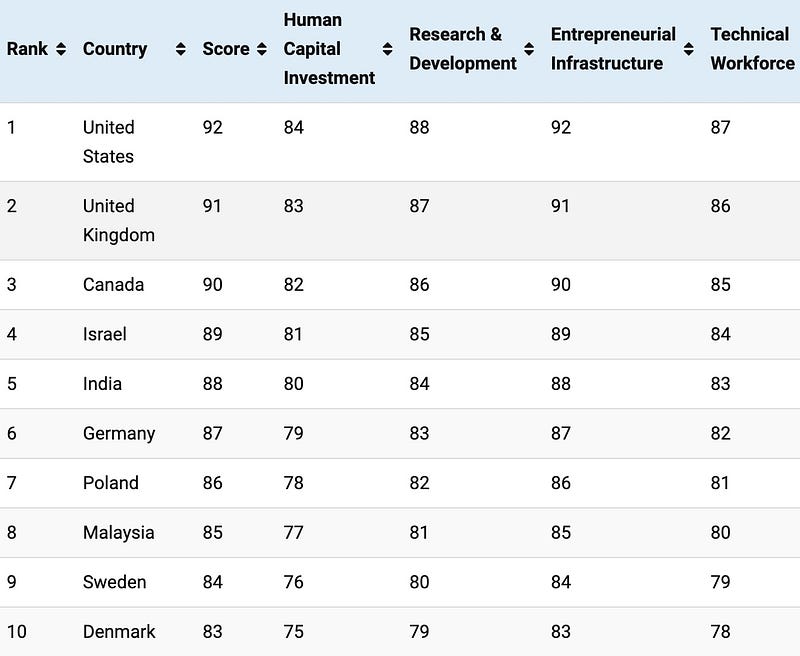Good news for startups in Senegal. The Senegalese government has approved a three year tax exemption for its startups and newly created companies.
According to a memorandum dated February 24, 2020 issued by the country’s Ministry of Finance and Budget, the Finance law of December 20, 2019, which came fully into force throughout the country on December 28, 2019 has brought to an end the regime of taxation of the country’s startups and SMEs.

Here is All You Need To Know
Three years without taxes
The new finance law concerns all startups and companies newly created on January 01, 2020 and those created in the year 2019. Consequently, they will immediately benefit from exemptions {relating to the minimum flat-rate corporate tax (MFI) and the flat-rate employee contribution (or employee pension contribution) chargeable to employers (CFCE)} for a period of 3 years from the date of creation of the company.
Read also: Senegal Is Now Africa’s 2nd Country To Have A Startup Act
Support For Startups and SMEs
The new support measures for SMEs aim to take better account of companies in the digital sector. Thus, SMEs and startups in Senegal can now benefit from several tax cuts, including:
- Exemption from the Minimum Flat Tax (MFI) for three (3) years;
- Exemption from the Fixed Employee Contribution Plan chargeable to the Employer (CFCE) for three (3) years;
- Abolition of the minimum collection fee of 500,000 francs ($850) for MFIs which could have a good effect for SMEs in distress;
- Reduction [from 25,000 to 10,000 CFA, ($45-$17)] of registration fees for the creation of companies or GIEs when the authorised share capital is equal to a maximum of one hundred (100) million.

Taxes Still Payable
However, the Senegalese government still maintains that in matters of corporate taxes and income taxes(for companies that are not startups or those described above), the applicable tax and settlement rules are, unless otherwise provided by law, those in force:
- In the first case, at the end of the period of realization of taxable profits (normal end of the exercise of transfer, dissolution, cessation, transformation;
- In the second case, on December 31 of the year to which the taxation is due.
This government decision will boost the creation of businesses in Senegal while facilitating the development of employment. As a reminder, a few days ago, Senegal also approved the project of the startup Act, containing the tax exemption for startups, long awaited by players in the sector.
Charles Rapulu Udoh

Charles Rapulu Udoh is a Lagos-based lawyer who has advised startups across Africa on issues such as startup funding (Venture Capital, Debt financing, private equity, angel investing etc), taxation, strategies, etc. He also has special focus on the protection of business or brands’ intellectual property rights ( such as trademark, patent or design) across Africa and other foreign jurisdictions.
He is well versed on issues of ESG (sustainability), media and entertainment law, corporate finance and governance.
He is also an award-winning writer.
He could be contacted at udohrapulu@gmail.com
